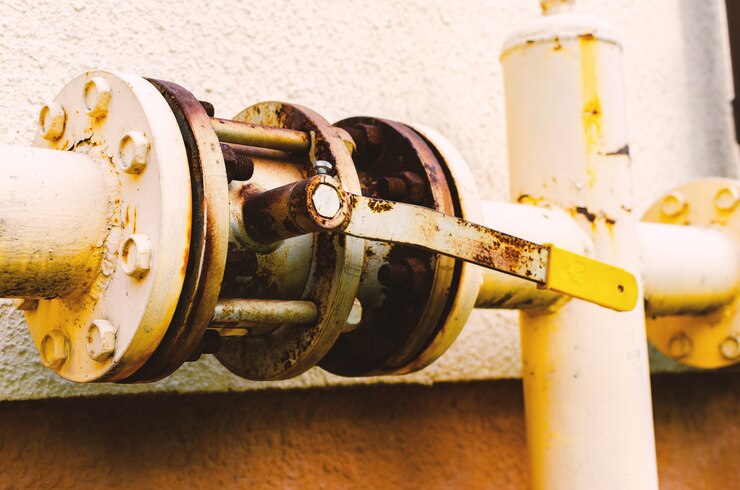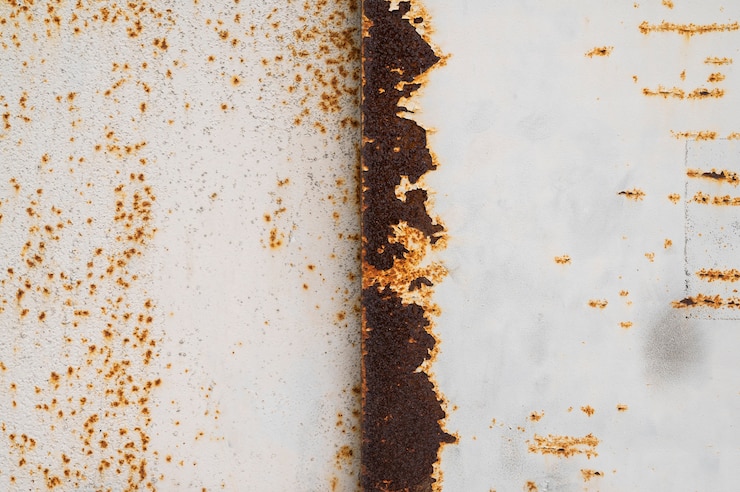Water heaters are a vital part of the modern home, providing us with the hot water we depend on for showering, cleaning, and countless other daily tasks. But beyond the surface of this indispensable device, there lurks a possible danger: rusting. Water heaters, whether they are tankless or use typical storage tanks, are inherently vulnerable to corrosion. It is essential to comprehend the reasons, signs, dangers, and preventative measures related to corrosion in water heaters to preserve the durability and effectiveness of this dependable household device.

Recommended reading: Best Water Heater Repair and Maintenance Specialist in Houston
Fundamentally, corrosion is the result of an electrochemical reaction between metal and its surroundings. Water chemistry and temperature are the two main elements that contribute to this harmful process in the case of water heaters.
Even though the water in a water heater seems clean, it includes a range of dissolved gasses and minerals. This water releases corrosive substances as it heats up and becomes more chemically hostile. Furthermore, corrosion can be made worse by oxygen and water acidity (pH level), which causes metal components to gradually deteriorate over time.
Turning on the hot taps and seeing rusty-colored water is one of the most noticeable indicators of corrosion in a water heater. This discoloration is a dead giveaway that corrosion is happening in the system because it shows the presence of iron oxide.
Leaks surrounding the appliance, strange noises coming from the heater, and a drop in water temperature are some more common signs. To avoid more serious problems later on, it’s important to get your water heater inspected regularly and to take quick action should you notice any of these warning signals.
Recommended reading: Things to consider when buying a water heater
The risks associated with corrosion in water heaters extend far beyond just the color of your water. Reduced heating efficiency can occur from the sediment that builds up inside the unit as a result of internal metal components corroding.
Additionally, corrosion erodes the heater’s structural integrity, raising the possibility of leaks and nearby water damage. Furthermore, expensive repairs or perhaps the early replacement of the complete water heater system may be necessary due to rusted and broken components.

Water heater manufacturers have incorporated several novel components and methods to reduce the likelihood of corrosion. The sacrificial anode rod is among the most crucial of them.
The anode rod is composed of a metal that is more reactive than the materials used in the heater’s construction, such as magnesium or aluminum. This rod draws corrosive substances to it, thus “sacrificing” itself to keep the heater’s key parts safe. A vital component of preserving the lifespan of a water heater is routinely checking and changing the anode rod as necessary.
Manufacturers of tankless water heaters frequently use materials that are resistant to corrosion, such as copper and stainless steel, to further increase the appliance’s resistance to the destructive forces of rust and deterioration.
Proactively addressing corrosion in water heaters requires a multi-pronged approach. The lifespan of the appliance can be greatly increased with routine maintenance, such as draining the tank to reduce sediment accumulation and changing the anode rod as advised.
Professional intervention may be needed in more severe cases involving considerable corrosion and structural damage. In such cases, to restore the water heater’s functionality and stop further problems, a licensed plumber could advise repairs or the replacement of damaged parts.
Regular maintenance and timely correction of any corrosion might be the difference between years of dependable hot water and the unanticipated cost of an early replacement of the water heater.
A proactive approach to maintenance and prevention is the strongest line of defense against corrosion in water heaters. The following are important actions that homeowners can take to prevent corrosion:
Recommended reading: 10 Signs your water heater needs repair
Don’t hesitate to contact a licensed plumber for an inspection and advice on the best course of action if you think corrosion is affecting your water heater. Give us a call at 713-688-2304 if you are facing any corrosion problems.
Whatever you’re experiencing, we have the technical expertise to help. Click below to share your information along with any specific details or photos, and we’ll be in touch with you as soon as possible with an estimate.